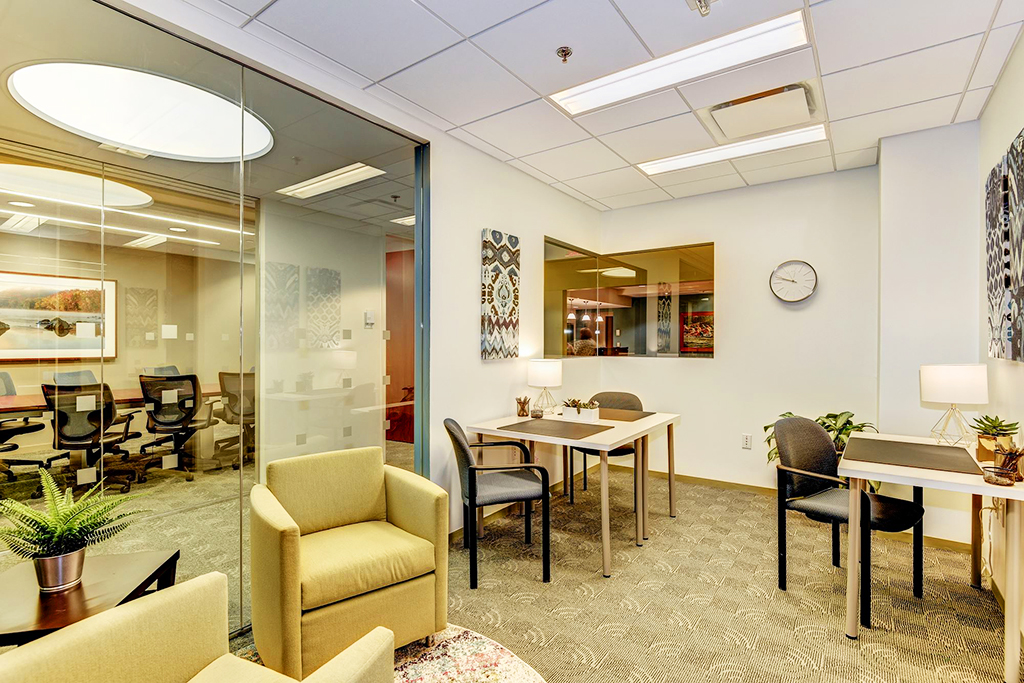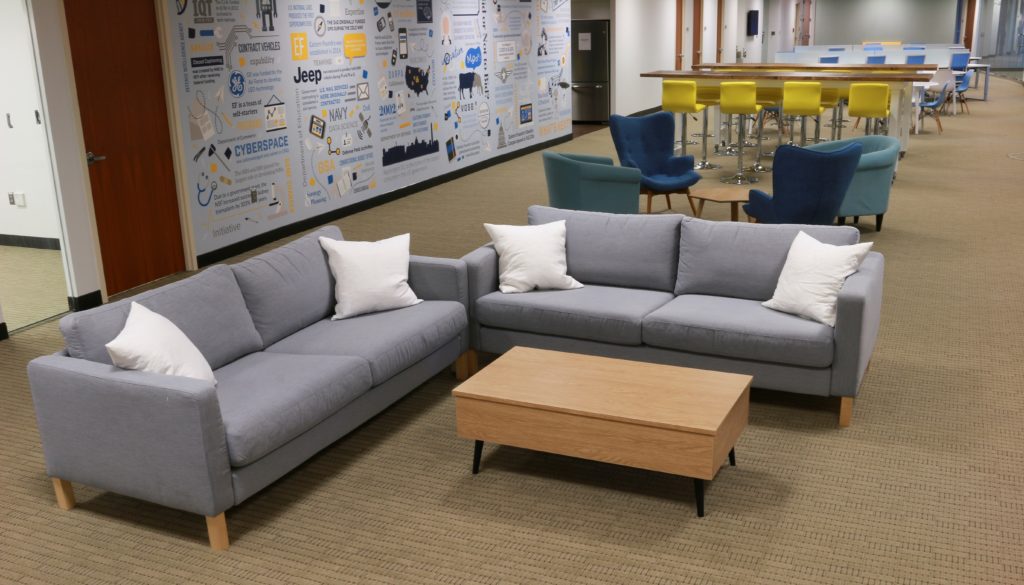This column is written by Alex Taylor and sponsored by Arlington Economic Development‘s Business Investment Group.
Over the last decade, coworking spaces and related concepts have taken the commercial real estate sector by storm.
What used to be a niche industry focusing primarily on executive suites and conference facilities quickly became accessible to everyone from tech entrepreneurs and home-based businesses to major corporations looking for short-term, flexible space to service a multitude of different business opportunities.
Each space offers unique amenities tailored to a certain clientele, and while many in the commercial real estate industry remain skeptical of market saturation, others have come to believe coworking is here to stay as an important asset to the business community.
Surprisingly, the Washington, D.C. region has been one of the slowest markets to adopt coworking. In the Washington, D.C. metropolitan area only 0.5% of commercial office space is leased by coworking firms, compared to 3.5% in Austin, 3.0% in Seattle and 2.5% in New York City (New Knight Frank). Part of the reason for this is the nature of the entities doing business.
The federal government and its related contractors, lobbyists and law firms still cherish large swaths of private office space for varying reasons, often regarding security. Although the D.C. region has had a slow start in gaining traction for this alternative work environment, demand for coworking space could quickly pick up with the arrival of Amazon and the continued diversification of the economy toward more technical and innovative industries.
Back in 2015, Arlington Economic Development aided in recruiting 1776 and Eastern Foundry, two early entrants into the coworking space, in an effort to foster the growth of early-stage and fast-growing startups in Arlington.
The idea was to create an environment that provided the resources and office stock to meet the budgetary and business needs of the companies that were to be the future of our economy. Arlington’s commercial office market now features 21 coworking spaces, not including offerings like flexible spaces and speculative suites that developers and building managers are introducing to the flexible work environment.
As individuals and companies look to utilize space differently, coworking facilities are offering a convenient alternative to those who find themselves between “starting out of the garage” and signing a long-term lease. The ability to showcase a wide variety of real estate options allows Arlington to recruit the rapidly growing companies which will eventually require larger, long-term spaces and feed Arlington’s tax base.
As Arlington recruits nationally and internationally, coworking stock continues to be an important selling point to companies looking to make soft entries into our business ecosystem. It allows companies to ‘test the market’ while giving themselves time to find a permanent space should they be successful.
As the definition of coworking continues to grow and adapt, the void these spaces fill in the office market continues to be an invaluable asset as we build a more diverse, forward-thinking economy.



